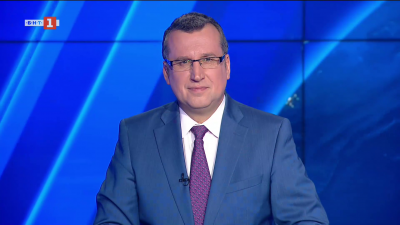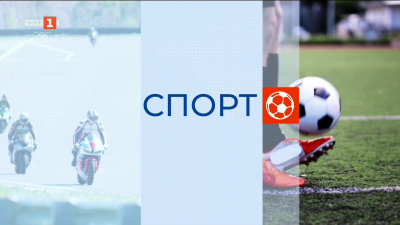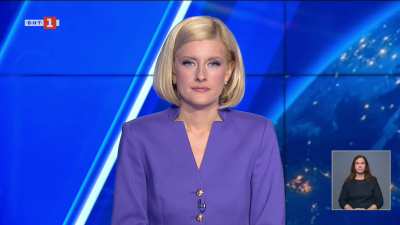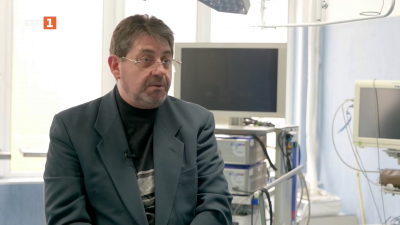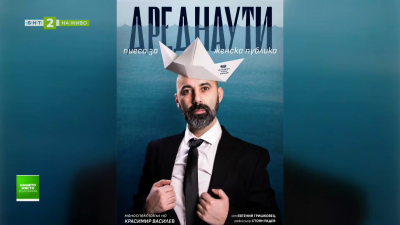Bulgaria withdraws EU co-financing application for Struma Motorway section
Bulgaria withdraws the application for the construction of Struma Motorway section via Kresna Gorge, but does not abandon the project...
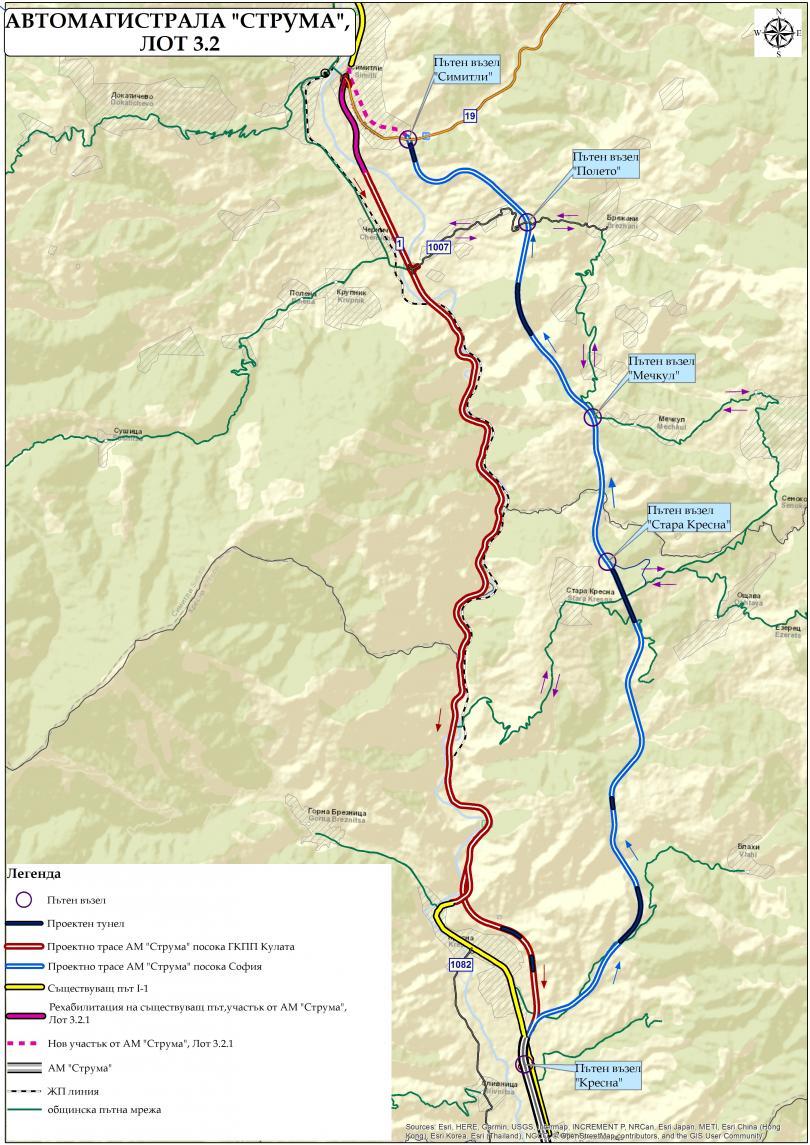
Bulgaria withdraws the application for the construction of Struma Motorway section via Kresna Gorge, but does not abandon the project, Bulgaria’s Road Infrastructure Agency (RIA) said on January 15.
The decision does not stop it, but will accelerate the team work of all institutions involved in extending the only "narrow section" along the road to the border with Greece.
Today, the Bulgaria informed the European Commission of its decision to withdraw the application form for Lot 3.2 funding from the EU Cohesion Fund, which was submitted for approval on 9 August 2019. The institutions are still working on the preparation of the application form in view of the priorities in the field on the ecology of the new European Commission, which has already presented its European Green Pact.
The decision was made after a thorough analysis, numerous expert talks and a special opinion poll, which categorically identifies the completion of the Kresna Gorge section of Struma Motorway as extremely important for road safety.
The Bulgarian side has always been aware of the difficulties associated with nature conservation in this area, as well as the need to find a balanced solution that meets environmental and transport objectives. In view of the ecologically sensitive protected area in which the section between Krupnik and Kresna is located, the best solutions for its implementation have always been sought, and in the course of the preparation over the years many options were considered for the implementation of the section of Struma Motorway through Kresna Gorge.
On the basis of all the studies carried out, the Oriental Option D 10.50 chosen to the largest extent meets the technical, socio-economic and environmental requirements. However, in order to be as precise as possible about the impacts of the project on the species and habitats that are the subject of conservation in the gorge, the state will proceed to setting specific conservation goals and measures.
In order to reduce the impact on Natura 2000 sites of the existing E-79 Road, the Road Infrastructure Agency is committed to implementing, by the end of 2020, a series of mitigation measures, namely: modification of existing drains, installation of a network on both sides in the side paths along the road, the installation of 4-metre high knitted nets for birds on the pavements of the large facilities. To improve road safety, the possibility of establishing a video surveillance system and a system for informing and redirecting traffic on bypass roads and assessment of safe handling will be analyzed, as well as improving the organization of traffic in the Kresna Gorge.
At the request of the Road Infrastructure Agency in December last year, the Trend Research Centre conducted a nationally representative sociological survey. For 78% of the respondents, "the section through the Kresna Gorge is dangerous and the construction of the motorway will increase the safety of those traveling through it".
For 70% of respondents, the construction of the motorway is important for reducing travel time. 18% of Bulgarians are of the opinion that Struma Motorway should be completed independently that it passes through a protected zone, and the highest percentage - 40% believe that the motorway should be completed, but with full guarantee for the protection of biodiversity.
13% of the respondents are of the opinion that Struma Motorway should not be completed because it passes through protected territories. Only 5% believe that the motorway has to be completed on a different route, even if it is more expensive for construction and maintenance afterwards.
Get the latest news wherever you are!
Follow us on
Facebook
and
Instagram
Follow BNT’s YouTube channel
You can now also watch us on
TikTok
Find us on
Google News







